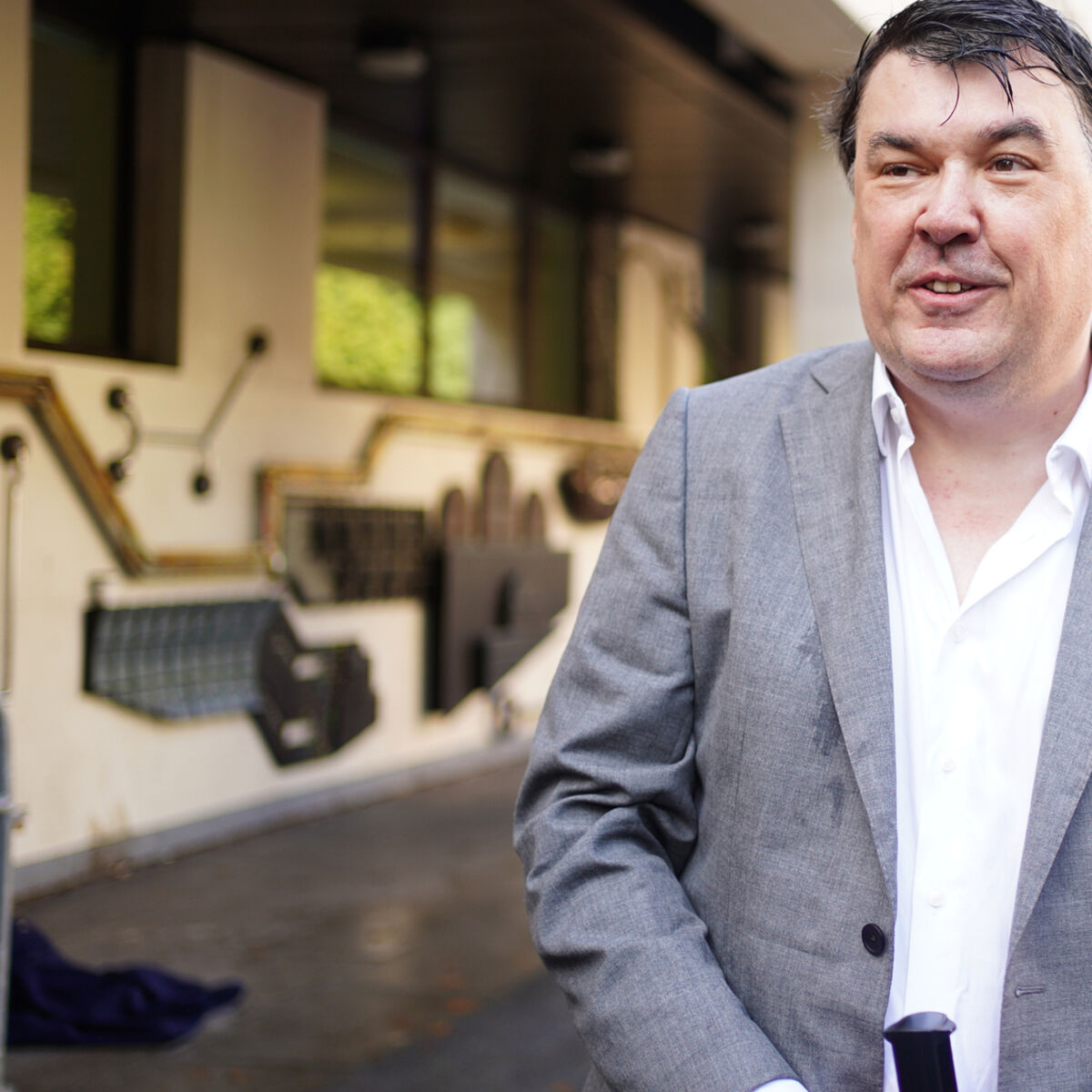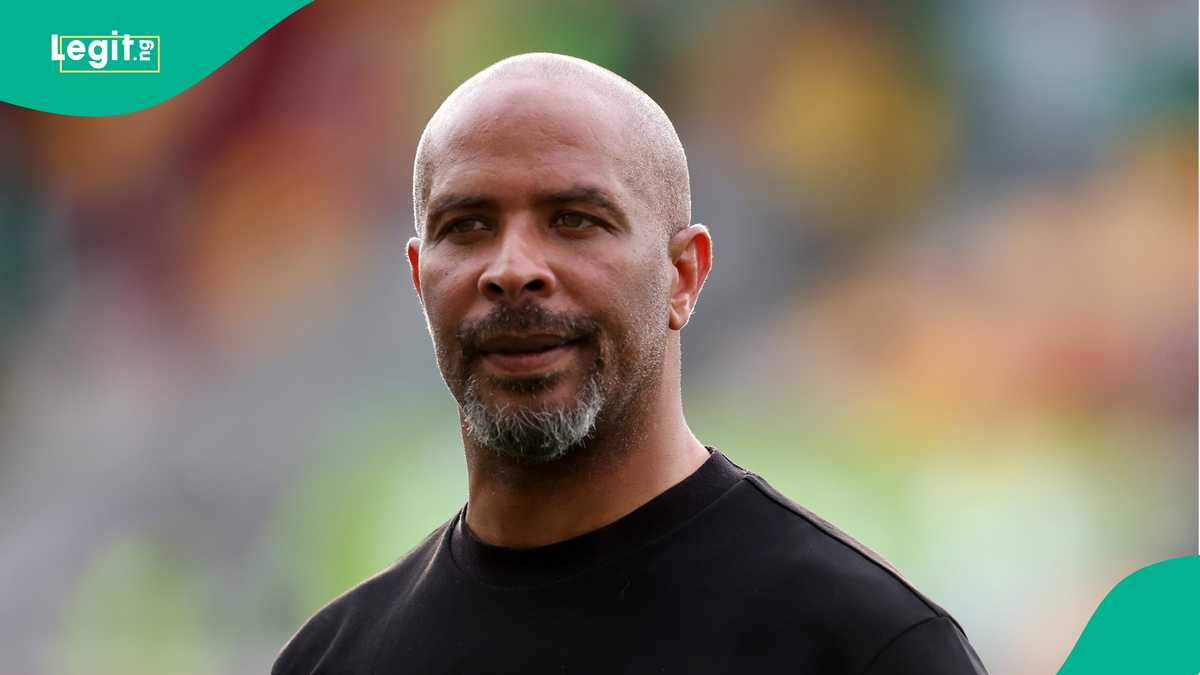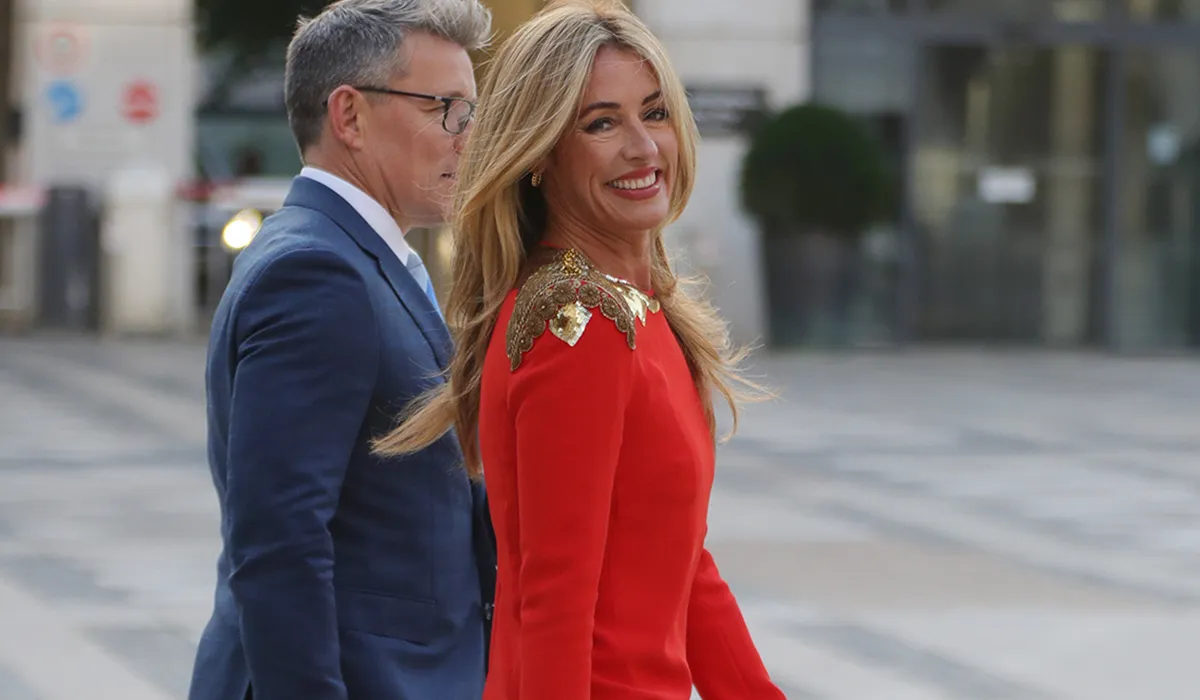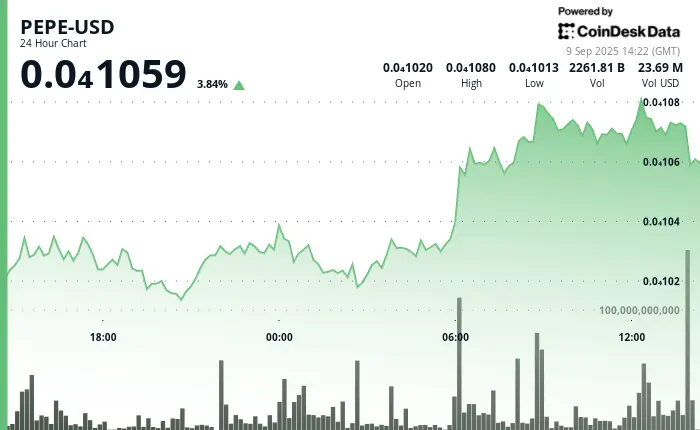By Irishexaminer.com,Sarah Harte
Copyright irishexaminer

He co-wrote some episodes of one of my favourite shows, Motherland (any time I need a comfort blanket, I go back and watch this), along with Sharon Horgan. Sharon is one of our cultural exports who can do no wrong. Graham, not so much.
By his own admission, he has lost a lot. His marriage, his home, most of his writing partnerships.
He was arrested for the second time last week. If we know someone by the company he attracts, it’s worth noting that Conor McGregor superfan Elon Musk is one of his defenders.
Elon Musk’s comment
Following Linehan’s arrest, Musk tweeted: “Why are police in Britain arresting citizens for social media posts instead of stopping child rape?”
Just a thought, but maybe Musk should focus a bit more on stemming the flood of X users who sell child sexual abuse material using hashtags based on sexual keywords, advertising to paedophiles. Musk said it was a priority when he took over in 2022.
There’s something ineffably sad about seeing a talented person self-combust. Graham Linehan’s trial came up in conversation a few times with different people when I was at the brilliant Island Drift Festival on Garnish Island last weekend.
There was no sympathy for him because people disliked his anti-trans stance so much.
Coincidentally, I interviewed poet Victoria Kennefick about her stellar new poetry collection, egg/shell, much of which is a response to her former spouse’s transition to become a woman.
This beautiful, empathetic book would be a source of comfort to anyone whose spouse has transitioned.
But when it comes to the trans-exclusionary radical feminist versus trans “debate”, nothing positive can come from adding your view. That highly toxic debate is not a debate; it’s a horrible slanging match, where nobody listens to anyone, everyone insults each other, and talks past each other, hurting one another. Ugly and senseless doesn’t cover it. Nothing good or positive or life-affirming can come of it, regardless of how you identify.
How has it come to this? It’s like a modern-day version of putting people in stocks or publicly flogging them. Taking offence is not new, but in a digital world, finding fault with your neighbour’s utterances is supercharged.
Within seconds, you can reach a vast audience and have the mob come for you, not with pitchforks but tap-tapping on their keyboards, often anonymously.
In times past when people were hanged in the market square and you pulled your chair up next to the gallows to watch a hanging, then you were publicly prepared to be seen as somebody who enjoyed that kind of thing.
Now, as the Tánaiste Simon Harris pointed out, after his children and a close family member were threatened, and his home was the subject of a bomb threat, you can say what you like online anonymously — or enjoy the conflagrations vicariously, and equally anonymously.
Graham Linehan’s recent arrest has provoked controversy about how online speech is policed in the UK. Five officers grabbed him over offensive tweets last weekend, while the trial he sat through last week dates back to two alleged incidents last year — one accusation of harassing someone on social media and one alleged count of criminal damage.
Human rights groups sounded the alarm about overreach. Five police officers arresting one man for tweets does seem a disproportionate response.
Because that’s the thing: You can abhor what he says but simultaneously worry about a new form of authoritarianism. Actually, it’s possible to hate what he says, but feel sorry for him on a human level, even if he is his own worst enemy, while questioning where the limits of free speech should lie.
Some people believe that freedom of expression should be restricted where a person says things that are offensive to others. In the opposing corner are individuals such as Musk, who believe that freedom of speech should be largely unrestricted. I wonder what he would think if his children were threatened like Simon Harris’s were.
There is a historic basis for Musk’s thinking. The philosopher John Stuart Mill argued something similar, believing that in “the marketplace of ideas” all thought should be heard, with the market filtering out the weakest and worst ones so that the good ideas would float to the top. In theory, plausible. In real life, it doesn’t work that way. Might Mill’s philosophical ruminations have been different if he were on X and he got a good old virtual kicking?
The US probably has the most robust laws defending freedom of speech because they are firmly committed to the notion of individual rights.
In Europe, we prohibit speech that incites others to hatred because we believe that certain forms of hate speech are inimical to social cohesion. We also believe that certain minorities need our protection if they are not to be more marginalised and dehumanised by forces more powerful than them. Here, you might think of the trans community.
I have ideologically flip-flopped more times on how extensive freedom of speech should be than I have changed the treat I chomp at the end of a working day. To say or not to say? A Freddo or a bar of fruit and nut?
One minute, I think I have it straight in my head, the next, I’m back into a whirlpool of doubt. The primary question, chocolate choices aside (currently plumping for fruit and nut), is where do we draw the line?
Which offensive expressions can we live with, and which offensive expressions can be justifiably prohibited? I don’t want a world where Simon Harris’s family, who are not public figures, is threatened.
People are often scathing about the so-called culture wars. Yet public discourse has become horribly degraded, and it impacts us all.
An interesting paper by a pair of Canadian academics, titled Public Discourse and Wilful Incommensurability: A Case for Attentive Free Speech says we must think big when liberal democracy is in crisis. The authors promote the concept of attentive free speech and learning to identify points of unity while exploring the truth in all its potential complexity. Attentive free speech is a bold ask, but we have to start somewhere.
Of course, members of the trans community would rightfully say that the impact of transphobic speech has a disproportionate effect on them, reducing their safety and security. We live in a society that devalues and demeans trans people, forcing them to fight for their very existence. And why? Because some people refuse to accept that, like freedom of speech, sexuality and identity are complex and nuanced, and at the end of the day, Freddo or not, all of us are flesh and blood people who are just trying to live authentic lives.



